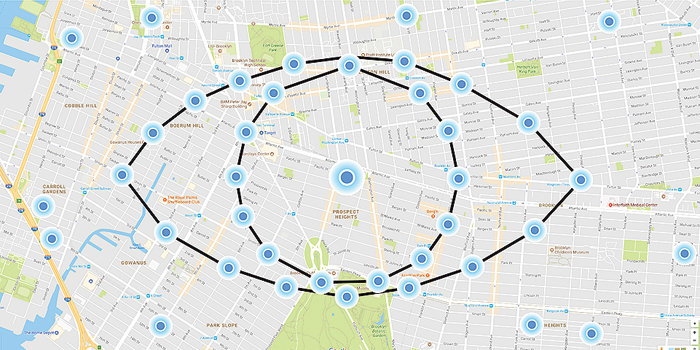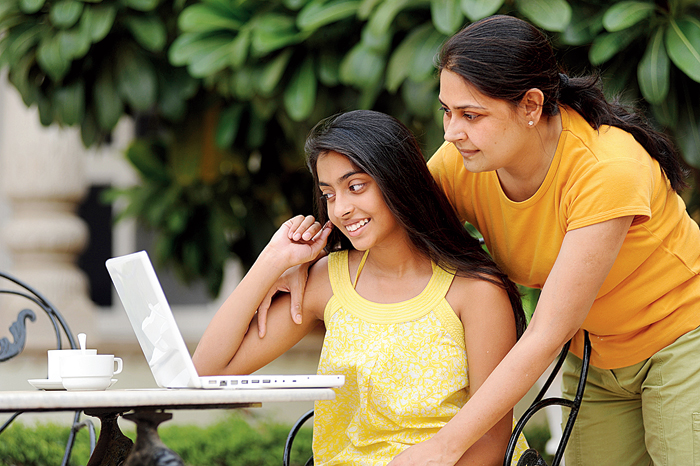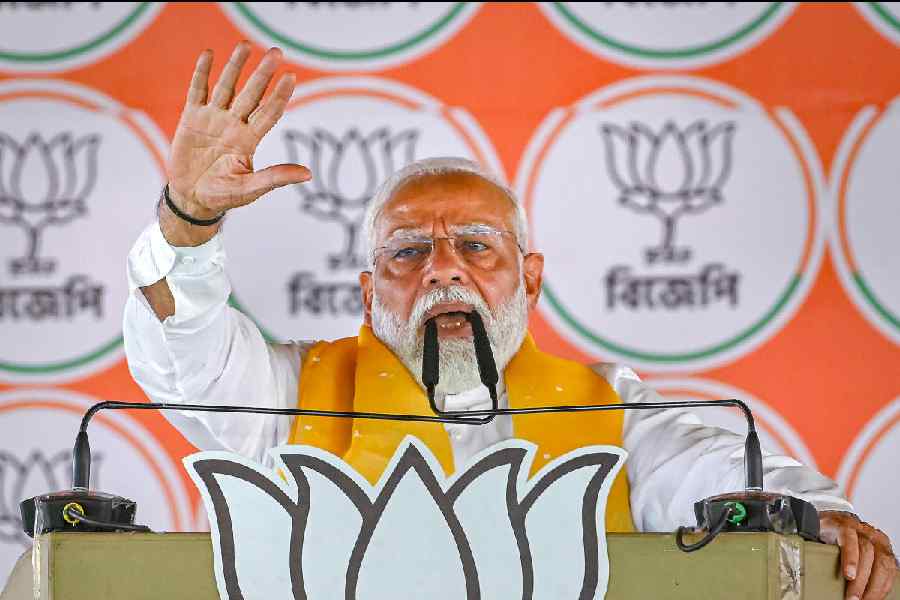Last week after my motorcycle crashed on the freeway, I wanted only two simple things: to call 911 and to tell loved ones where I could be found.
Coincidentally, I had been testing location-sharing tools from Apple, Google, Facebook and Snapchat. So before calling the police, I texted my partner, who was already tracking my location with several apps, letting her know I was hurt. When she opened Google Maps, she could see precisely where I was. But when she refreshed the map to follow the ambulance, she ran into the app’s shortcomings: Google showed I was at Costco when I was actually strapped onto a stretcher heading toward San Francisco General Hospital. Such is the state of location sharing on smartphones.
For years, tech companies have offered different ways for people to tell one another where they are. Yet all the popular location-sharing tools are limited or flawed, and in some cases broadcasting your location may not be worth the effort or draining your phone’s battery. Even worse, location tracking raises numerous privacy concerns about who can snoop into your whereabouts.
Yet security experts agree that on smartphones, it is now practically impossible to stop location tracking. There is a multitude of ways to find out where we are, including cell towers, the metadata transmitted from telecommunications and data logged on our phones. So we might as well embrace location sharing and reap the benefits.
When to use
Used thoughtfully, location sharing can be a powerful communication tool. After testing location-sharing tools for two weeks, here are my suggestions for best times to use.
- When you plan to meet friends in, say, a movie theatre, share your location through Apple’s iMessage, Google Maps or Facebook Messenger that broadcast your location for a short duration, like an hour. This way you can skip saying “I’m on my way” or “I’m running a few minutes behind” because people can simply follow you on the map.
- Consider using Apple’s Find My Friends, Facebook Messenger or Google Maps to share your location occasionally with your romantic partner. For example, I am less inclined to text my partner when I see she is at the office or driving, but I am more inclined to text when I see she is at the grocery store.
- Parents who have caved in to buying a smartphone for their young child could use Find My Friends to track their child’s location for safety purposes.
- Next time you plan an event at a large outdoor space, like a picnic in a park, use Apple Maps or Facebook Messenger to drop a pin on a map with your current location so your friends can find you.
When not to use
- Don’t share your location when meeting in an indoor space like a store in a mall. Most mapping apps are not yet designed for indoor spaces and thus inaccurate.
- Likewise, don’t bother sharing your location on a nature hike. Most national parks are in remote areas with no cell connection, so turning on location sharing in this situation would waste battery life.
- Parents should make sure children are not sharing their locations with strangers. With iPhones, you can create restrictions that prohibit your child from changing settings or adding followers inside Find My Friends. For Android phones, sign up to use Google’s parental controls tool Family Link to manage your child’s location-sharing settings. Parental control settings can block apps such as Snapchat from being installed altogether.
- Google makes it easy to publish a web link where anyone can follow your live location. To fend off the creepers, send the link only to the intended recipients; avoid posting it on public sites like Twitter or Facebook.












